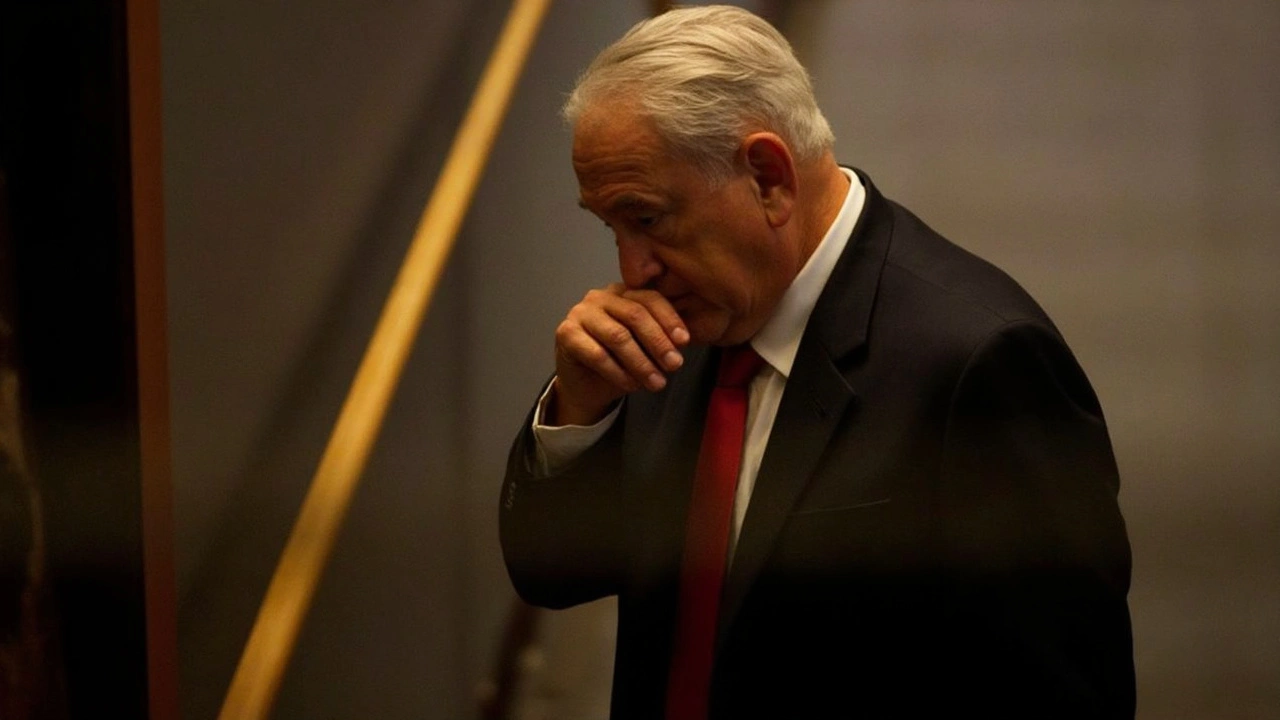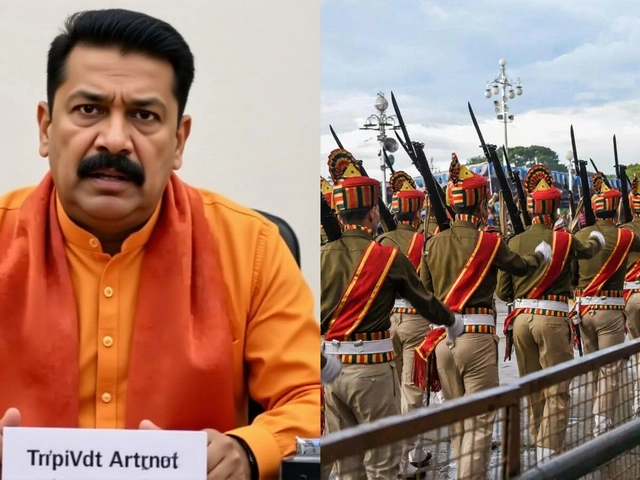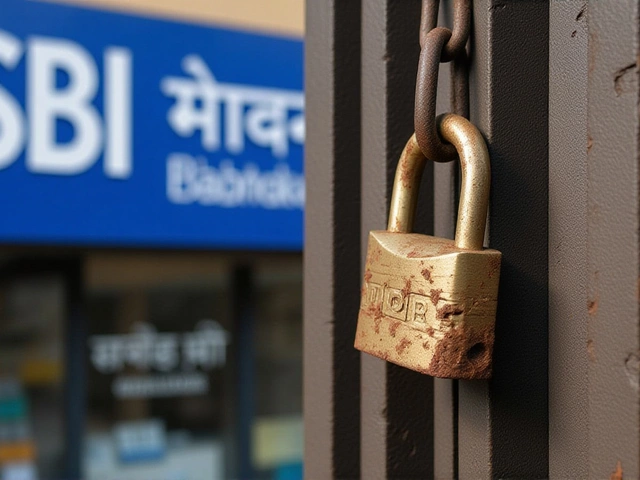In a landmark development, the International Criminal Court (ICC) issued arrest warrants on November 21, 2024, targeting three key figures at the heart of the ongoing Israel-Hamas conflict. Israeli Prime Minister Benjamin Netanyahu, former Defense Minister Yoav Gallant, and Hamas military commander Mohammed Deif face serious charges related to war crimes and crimes against humanity reportedly committed since the conflict reignited in October 2023.
For Netanyahu and Gallant, the accusations are grave. They are alleged to have used starvation as a method of warfare, a tactic considered both a war crime and a crime against humanity. The charges also include other heinous acts such as murder, persecution, and inhumane acts against the civilian population. The case against them underscores the ongoing hostility and humanitarian crises exacerbated by the lengthy Israeli-Palestinian conflict.
Meanwhile, Mohammed Deif, whose status remains a mystery—some say he's deceased—faces allegations that include crimes against humanity: murder, torture, and rape. Additionally, he is charged with war crimes such as hostage-taking and deliberately attacking civilians. On October 7, 2023, the ICC reports detail a harrowing account of Hamas-led attacks allegedly involving systematic violence, including sexual violence against Israeli civilians.
The ICC’s Pre-Trial Chamber I gave unanimous approval to these warrants, dismissing Israel's challenge regarding the court’s jurisdiction over the case. While the nature of the warrants remains partially classified, they were disclosed in part to acknowledge the ongoing nature of the alleged crimes and to address victims' rights.
This move by the ICC is momentous as it marks the first time such high-up officials from a Western-aligned democracy face charges at this level. The reactions to the warrants have been polarized. Israel has fiercely criticized the ICC's actions, describing them as an antisemitic 'Dreyfus trial.' On the other side, Palestinian leaders have embraced this step, viewing it as a significant stride towards accountability and justice for the actions taken during the violent exchanges.
The implications of these arrest warrants stretch far beyond individual accountability; they showcase the complicated dynamics of international law, diplomacy, and politics. The warrants shake the fragile regional stability, generating increased tension and controversy over the ICC's role and reach in global justice matters. As the international community watches closely, the next steps by the ICC and the involved parties remain under the spotlight, holding profound consequences for all stakeholders in this decades-long conflict.



